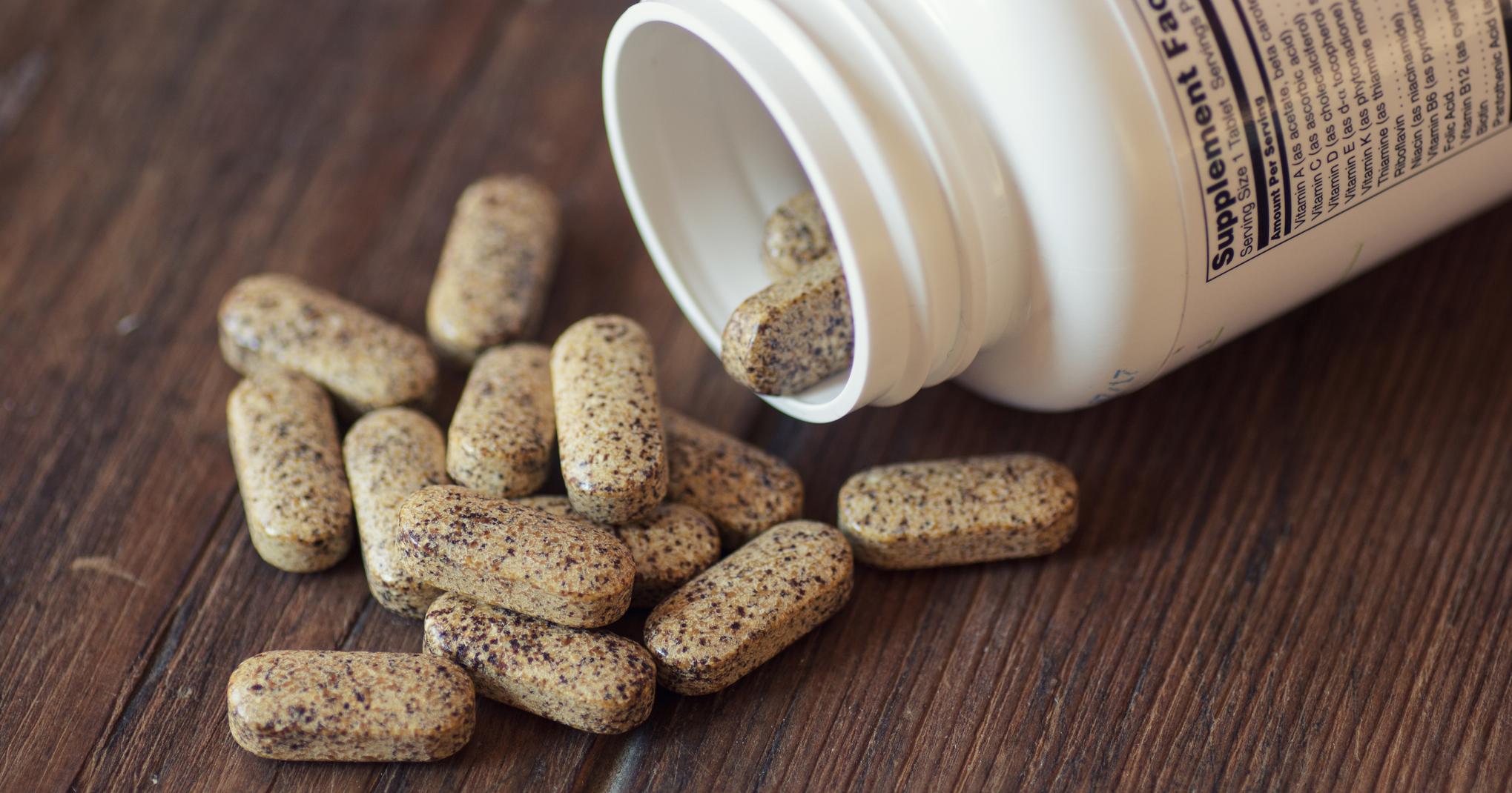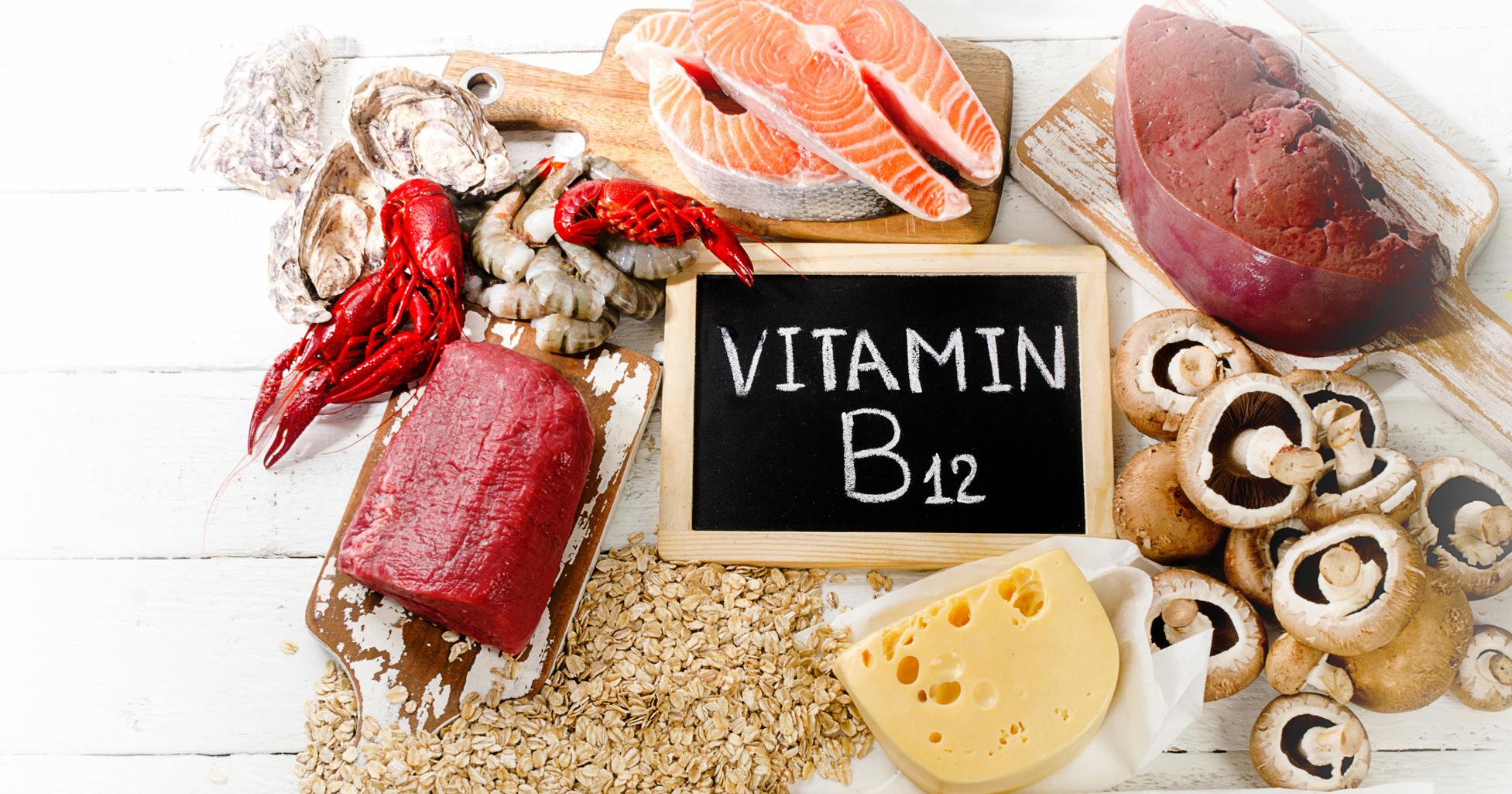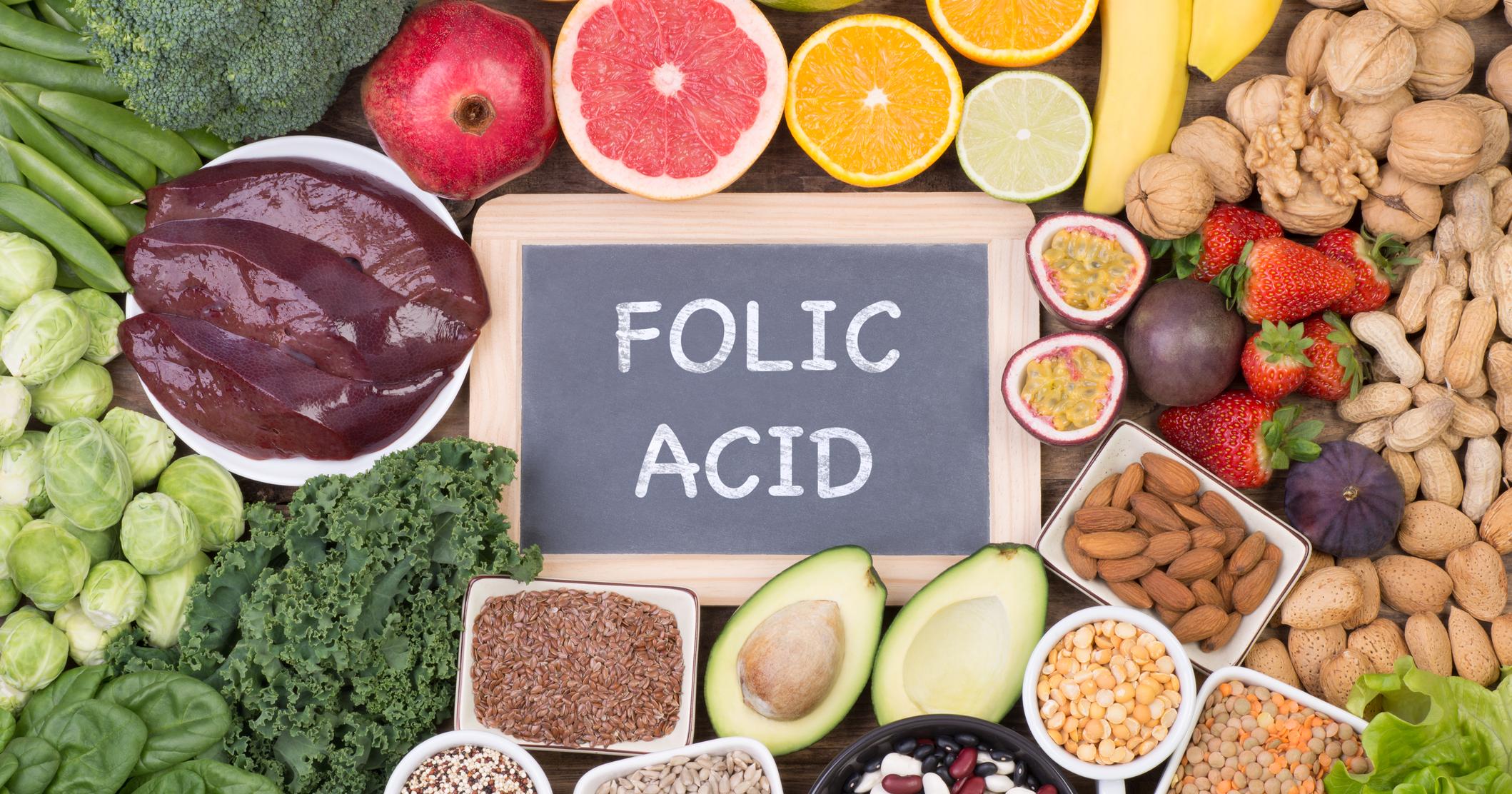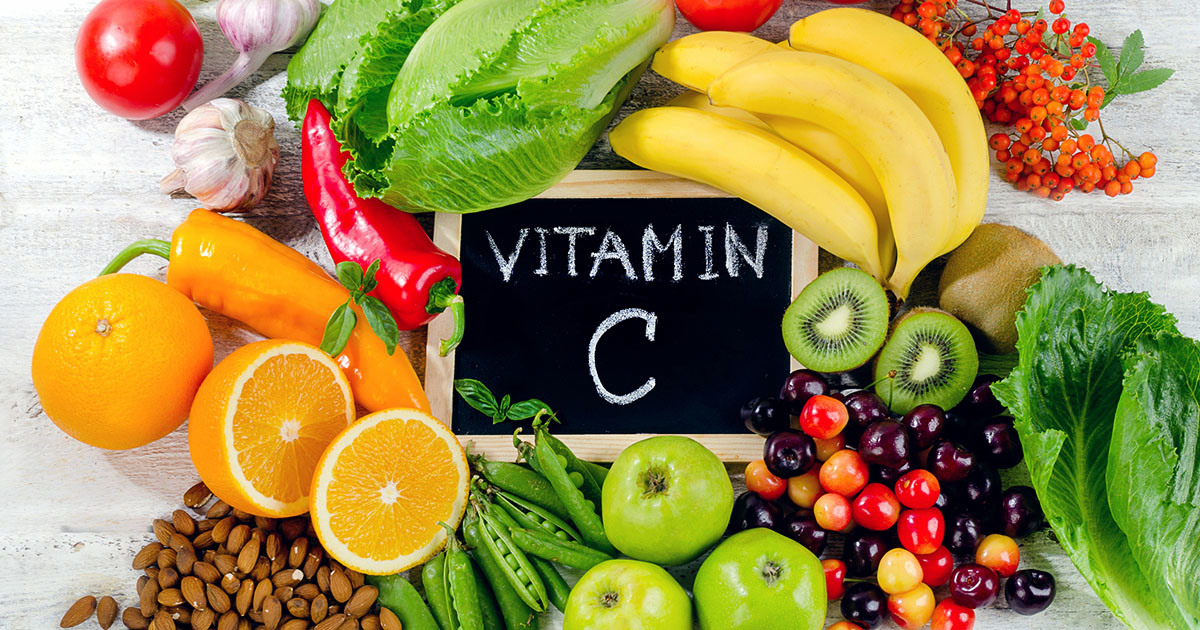The Best Vitamins For Your Skin
There is no shortage of remedies and products out there that aim to improve skin health and reduce the signs of aging from creams to ointments and serums. But many individuals may forget about the most effective skin health boosters out there: vitamins. Specifically, there are many vitamins that play a crucial role in supporting and improving overall skin health. Many of these vitamins can be found naturally in the foods we eat, though they also come in oral supplements and topical products. Each of these essential vitamins plays its own role in skin health. Reveal the best vitamins for skin health and what they do for it now.
Vitamin K For Wound Healing

Getting injured, particularly with cuts and scrapes, is inevitable. The goal, once a wound has occurred, is to heal it as well and as quickly as possible. This is where vitamin K comes in, as it is an essential vitamin for promoting healthy wound healing. Vitamin K comes from the German word 'koagulation' as it helps produce four of the thirteen proteins needed for blood clotting, which plays a significant role in wounds and wound healing. It can be stored in the body for long periods. Some foods that contain vitamin K are greens such as lettuce, broccoli, cabbage, and spinach, as well as eggs, fish, and other meats. Kale is an excellent source of vitamin K as it contains almost five hundred percent of the recommended daily allowance, which is typically between seventy to ninety micrograms for adults. Of course, wound healing isn't the only health benefit of vitamin K. This vitamin also appears to protect from Alzheimer's disease, heart disease, and prostate cancer, among others.
Learn more about the best vitamins for skin health now.
The Sunshine Vitamin: Vitamin D

Vitamin D plays an essential part in skin cell development and repair as well as assisting the skin's immune system by destroying free radicals that cause premature aging. Vitamin D is a very unique and interesting vitamin, as the body naturally produces it when it is exposed to sunlight. Vitamin D receptors are also directly involved in cell differentiation and immune function. Specifically, topical vitamin D lotion helps keep soft, healthy, and young looking skin. Some factors that could limit the amount of vitamin D an individual's body can synthesize include age, skin color, geographic location, seasonal fluctuations, and the use of sunscreen. Aside from benefiting the skin, vitamin D also reduces depression symptoms, promotes weight loss, and decreases the risk of diseases such as multiple sclerosis and heart disease.
Get to know more about the best vitamins for the skin now.
Vitamin B5 For Hydration

Vitamin B5 is known for its natural ability to hydrate the skin by stabilizing the skin's barrier function and, in turn, increasing the amount of water the skin holds. It exfoliates the skin, producing new youthful skin cells, and is very helpful with chronic skin disorders. Medications with this vitamin are often given to patients to treat minor skin irritation as well as major scar damage. Vitamin B5 is frequently found in natural skin care products due to its anti-inflammatory benefits, and used in anti-aging products as it soothes and softens the skin, lessening the impact of wrinkles. It also helps boost the immune system, which means it is easier for the skin to heal after a cut or infection. It also assists in adrenal hormone stimulation and stress relief. Some of the skin disorders vitamin B5 helps relieve include acne, eczema, insect bites, sunburn, diaper rash, and contact dermatitis. Overall, vitamin B5 is an excellent vitamin for supporting, healing, and protecting skin.
Reveal the next best vitamin for skin health now.
Boost Collagen Synthesis With Folic Acid

Folic acid, also known as folate or vitamin B9, aids in tissue growth, cell development, and healthy brain development. It is also needed for cell division and DNA production. Folic acid is found naturally in citrus fruits and juices, dark leafy greens such as spinach, bananas, pork, and melons. One crucial role it plays in benefiting the skin is its ability to help with acne by eliminating toxins from the body. Folic acid is also purported to not only prevent, but even cure anemia. Overall, it is able to improve skin's firmness, reduce signs of aging, and support a healthy natural glow.
Of course, no list of vitamins would be complete without the next vitamin for skin health on this list. Reveal it now!
Vitamin C For Overall Health

Vitamin C, widely known as the go-to vitamin for the common cold or the flu, has countless health benefits. Vitamin C can be ingested orally (as a supplement or through many fruits, such as oranges and cranberries) and applied topically. It increases the quality of collagen created in the body, which decreases the presence of wrinkles and sagging. It works hard to defend against free radicals, in turn minimizing overall skin damage. As one of the most reliable anti-aging components, as it reduces both red and brown spots with its many anti-inflammatory benefits. It is also a powerful antioxidant, which helps regenerate other antioxidants in the body. There are three major kinds of vitamin C: ascorbic acid, magnesium ascorbyl phosphate, and Ester-C with calcium ascorbate. Ascorbic acid is found most commonly in skin-care products, and is a major part of how vitamin C helps brighten skin and aids in healing wounds through rebuilding connective tissue.